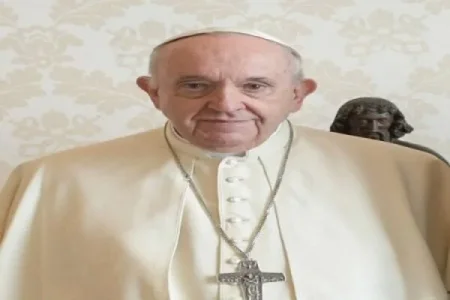
In a solemn foreign policy address to ambassadors accredited to the Holy See, Pope Francis took a bold stand on Monday, calling for a universal ban on surrogate motherhood, which he described as a "despicable" practice that exploits the dignity of women and children. The pontiff included the "commercialization" of pregnancy in a comprehensive list of threats to global peace and human dignity.
Lamenting the current state of the world, Pope Francis highlighted various challenges, including Russia's war in Ukraine, the Israel-Hamas conflict, migration issues, climate crises, and the production of nuclear and conventional weapons, labeling them as threats to peace and violations of international humanitarian law.
Amidst these broader issues, the Pope addressed the more localized concern of surrogacy, asserting that the life of the unborn child must be protected and not subjected to trafficking or suppression. He expressed his strong disapproval of the practice, particularly in cases where it exploits the material needs of mothers.
In his address, Pope Francis emphasized that a child is a gift and should never become the basis of a commercial contract. He urged the global community to unite in prohibiting surrogacy universally, marking a significant stance against a practice that has been a subject of controversy and ethical debates.
The Pope's call for a ban aligns with the Catholic Church's longstanding opposition to what he has previously termed "uterus for rent." While some European countries, including Spain and Italy, have already prohibited surrogacy, the Vatican's doctrine office has clarified that children born through surrogacy, even to homosexual parents, can still be baptized.
The Pope's declaration adds momentum to the ongoing discourse surrounding surrogacy, raising questions about the ethical implications of the practice and its impact on the dignity of women and children. As the call for a global ban gains traction, it remains to be seen how nations and communities worldwide will respond to this authoritative statement from the Vatican




